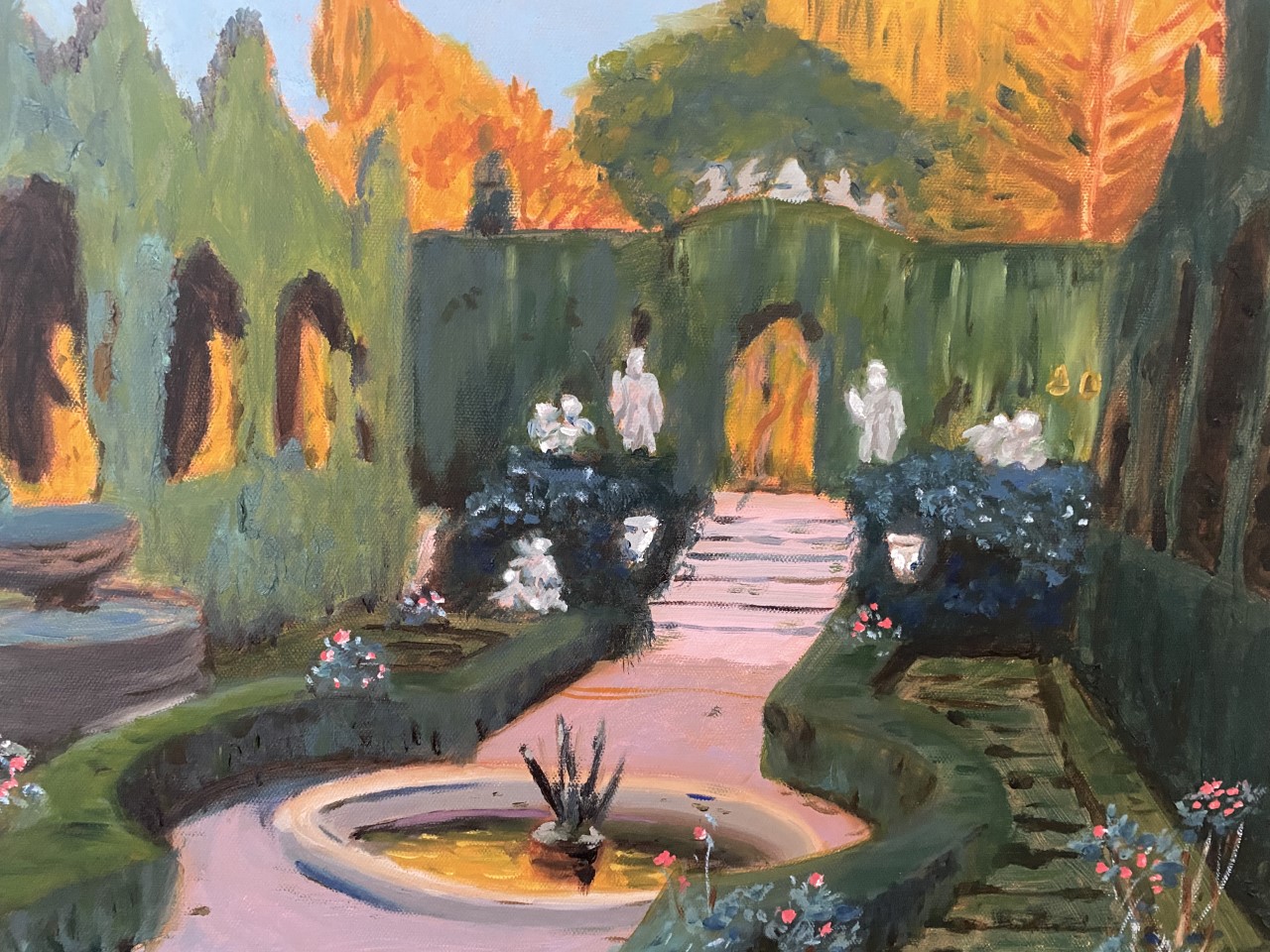Major F.W. Ward was born Frederick William Ward in Bradford (a city in the UK’s Yorkshire county) in 1923. The only son of a chemical engineer, he attended Bradford Grammar School, which he left at the early age of 16 for Leeds University. Two of Mr Ward’s uncles were barristers (with one a King’s Counsel), and he followed in their footsteps, graduating with a first-class honours degree in law from Leeds University.
Mr Ward was a member of the Leeds University Officers’ Training Corps. As a result, “he was commissioned second lieutenant into the local county regiment, the West Yorkshire Regiment.” When World War II broke out, he was dispatched to India.
His legal training proved useful following the end of the war, with Mr Ward serving as “a major in the Judge Advocate General’s department in Singapore to prosecute Japanese war criminals.” He was prosecutor at the trial of Nishimura Takuma [Takoma] and Others, at the Singapore War Crimes Trials. The trial was of great significance to the local community, as seven Japanese soldiers were prosecuted for the large-scale massacre of Chinese residents in Singapore during the Japanese Occupation (commonly known as the Sook Ching massacre). Recognising the gravity of the crimes committed, Mr Ward deferred his chance to be repatriated home in order to participate in the trial. In thanks, shortly before his return to the UK, Mr Ward was invited to a tea party held at the Chinese Consulate-General by the Joint Appeal Committee for Singapore Chinese Massacred by the Japanese. At the event, Mr Ward, Major M.G.A Watson (head of the War Crimes Investigation Team) and Mr Richard Lim Chuan Hoe (lawyer and adviser to the Committee) were presented with silver cups inscribed with “Preserver of Justice” for their hard work bringing the perpetrators to justice.
In retrospect, Mr Ward viewed the post-war prosecutions as a disagreeable task. As a committed Christian, he found it difficult to reconcile the prosecutions “with the Allied’s use of atomic bombs.”
After leaving the army, Mr Ward married his childhood sweetheart, Margaret Joyce (née Priestley) in 1947, and had three daughters, Stephanie, Annabel, and Charlotte. He moved to the town of Great Grimsby in 1950, serving as senior assistant solicitor to the Corporation of the Town of Grimsby. Mr Ward held various important posts at local and national levels in Grimsby, serving in the roles of Deputy Town Clerk, Town Clerk, and Chief Executive over 31 years.
He took his work very seriously and sought to promote the town whenever possible. When a by-election was held in Grimsby on 28 April 1977, following the death of MP Tony Crosland, Mr Ward worked out the various camera angles and “arranged for a series of posters to be displayed in prominent positions, leaving no-one in any doubt that this election was taking place in the world’s top fishing port”.
That said, having realised early on that Grimsby had become overly reliant on the fishing industry, he also pursued a diversification of the town’s industrial base and promoted the development of South Humber Bank (where many multinational companies in industries such as manufacturing and chemicals are now located). Mr Ward’s foresight protected the port town from severe repercussions stemming from the continued decline of the fishing industry.
Affectionately referred to in local papers as “Mr Grimsby” and “Freddie Ward”, Mr Ward was happy to be known as Mr Ward or Freddie to his friends. He was well-respected by the local community and his peers. In 1973, Mr Ward was awarded an OBE for his frontline contributions to local government re-organisation.
He retired in 1984, but remained active in the community. Among other roles, Mr Ward became High Steward of the borough, served on industrial tribunals, accepted a seat on a national local authority training board, and became Chairman of the Diocesan Board of Finance. Soon after retiring, Mr Ward died of cancer in 1987.
His legacy lives on in Grimsby today, and a major road in the town has been named “Frederick Ward Way” in his honour.
Note: Most of the primary sources in this portrait were provided by Mr Ward’s daughter Mrs Annabel Lumley and granddaughter Ms Meredith Yalcin.
